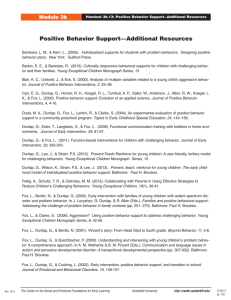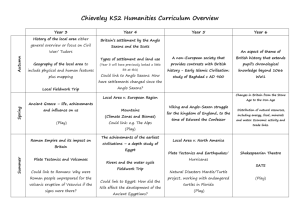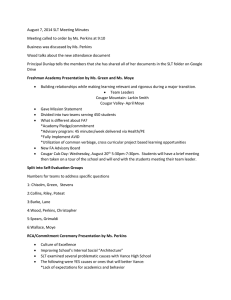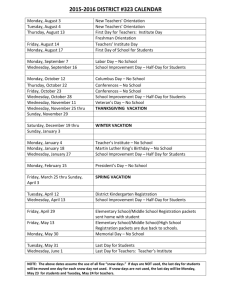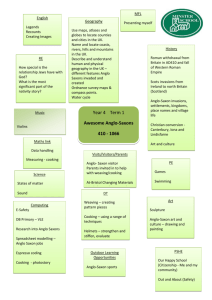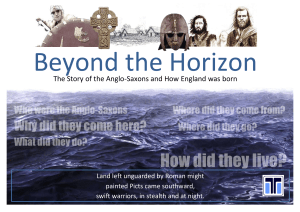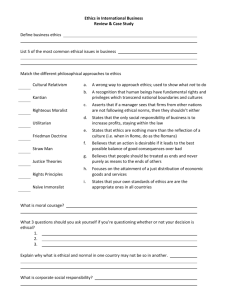Encounters with Nature
advertisement
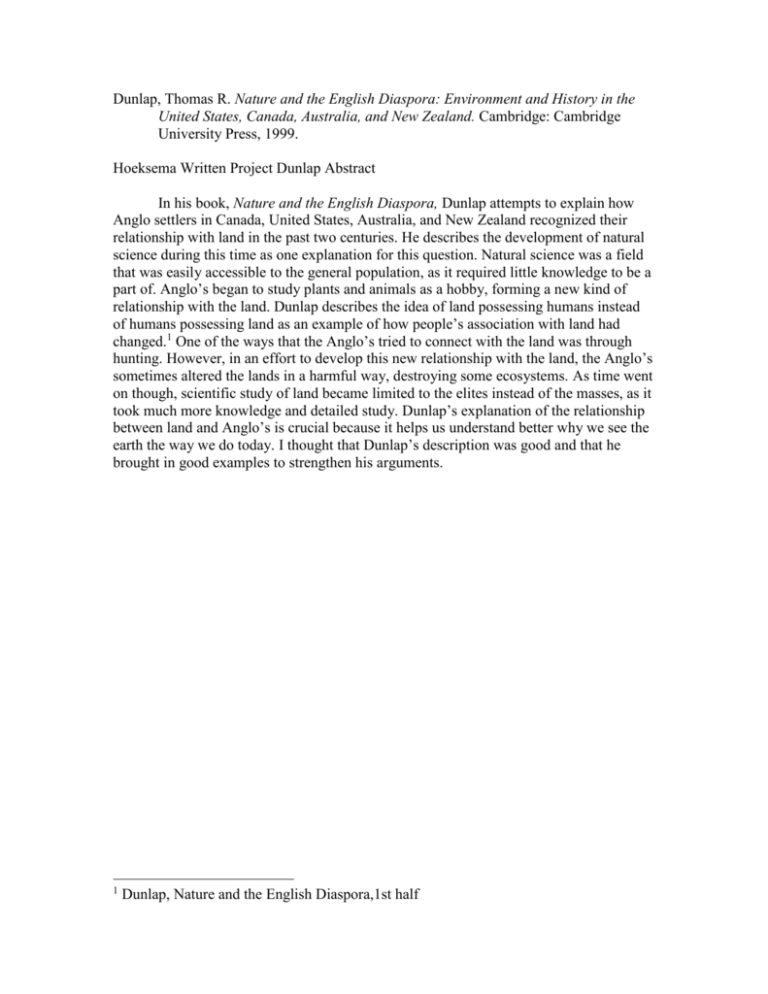
Dunlap, Thomas R. Nature and the English Diaspora: Environment and History in the United States, Canada, Australia, and New Zealand. Cambridge: Cambridge University Press, 1999. Hoeksema Written Project Dunlap Abstract In his book, Nature and the English Diaspora, Dunlap attempts to explain how Anglo settlers in Canada, United States, Australia, and New Zealand recognized their relationship with land in the past two centuries. He describes the development of natural science during this time as one explanation for this question. Natural science was a field that was easily accessible to the general population, as it required little knowledge to be a part of. Anglo’s began to study plants and animals as a hobby, forming a new kind of relationship with the land. Dunlap describes the idea of land possessing humans instead of humans possessing land as an example of how people’s association with land had changed.1 One of the ways that the Anglo’s tried to connect with the land was through hunting. However, in an effort to develop this new relationship with the land, the Anglo’s sometimes altered the lands in a harmful way, destroying some ecosystems. As time went on though, scientific study of land became limited to the elites instead of the masses, as it took much more knowledge and detailed study. Dunlap’s explanation of the relationship between land and Anglo’s is crucial because it helps us understand better why we see the earth the way we do today. I thought that Dunlap’s description was good and that he brought in good examples to strengthen his arguments. 1 Dunlap, Nature and the English Diaspora,1st half
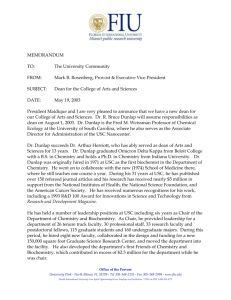
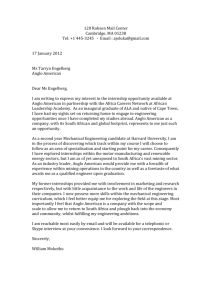
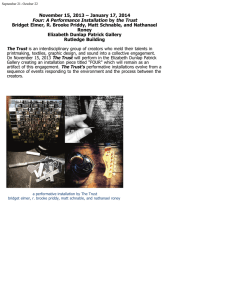
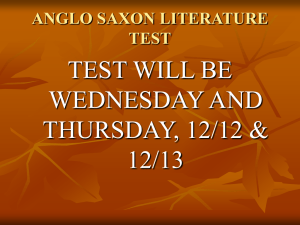
![Group 4: M997Z245 [1] Ralph Matthew A. Ong M997Z244](http://s2.studylib.net/store/data/015854870_1-2a48ce324a2c711cafdc4be510f8fdad-300x300.png)
